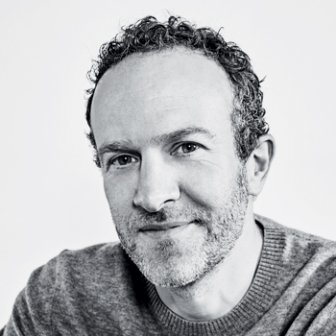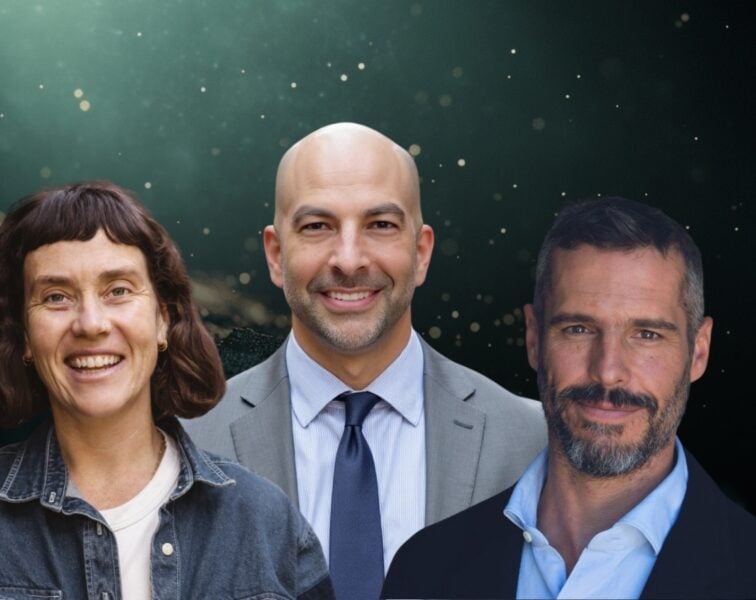Check out more content with Jason Fried:
In the first interview with Jason Fried, Jason explained his overall philosophy about work-life balance and how exactly he optimizes for efficiency. For this special follow-up AMA, we’ve decided to release the full episode to everyone (including non-subscribers), so all can hear Jason answer questions from listeners that dive deeper into topics such as work-life balance, the role of luck versus hard work in success, specifics around Basecamp’s unique process-oriented approach to projects, 4-day work weeks, practical tips for people searching for the right company culture, tips on writing and parenting, and a whole bunch more.
Subscribe on: APPLE PODCASTS | RSS | GOOGLE | OVERCAST | STITCHER
We discuss:
- If Jason had taken his own advice about work-life balance at the start of his career, would he have achieved the same level of success? [2:05];
- What is Jason’s definition of success? And what is he optimizing for? [10:10];
- Basecamp’s policy on email and expectations for a quick response, and why Jason believes in sleeping on big decisions [14:30];
- How Jason implements “true” work-life balance in his life and at Basecamp [19:15];
- Does work and life have to be separated in order to have balance? [32:00];
- How Jason makes time the fixed component to avoid the compulsion to keep pushing forward on a project perpetually [34:15];
- Jason’s tip of physicians who may be facing burnout [45:00];
- Signs of “burnout” if you do the same basic thing for work and pleasure (and tips to avoid and manage that feeling) [49:45];
- Is a 40-hour work week the correct amount? [53:45];
- How to evaluate a company’s culture when looking for a job with the right work environment [59:00];
- Jason’s take on salaries and alternate incentives like equity, profit sharing, etc. [1:06:45];
- What traits does Jason look for when hiring new employees? [1:13:45];
- Does Jason believe in process-oriented work or outcome-driven work? And Basecamp’s unique process for completing projects [1:16:15];
- How does Jason handle a project that results in a failure? [1:20:00];
- Advice for people in situations where they don’t have full control of their time and work demands [1:23:50];
- How much of success should be attributed to skill versus luck? [1:29:30];
- The importance of writing skills and tip to improve your writing [1:43:15];
- Lessons learned from parenting, and Peter’s top priority when it comes to raising kids [1:52:15];
- An important skill: The ability to say “no” to things [2:01:15]; and
- More.
Get Peter’s expertise in your inbox 100% free.
Sign up to receive An Introductory Guide to Longevity by Peter Attia, weekly longevity-focused articles, and new podcast announcements.
If Jason had taken his own advice about work-life balance at the start of his career, would he have achieved the same level of success? [2:05]
-Jason says he’s never really been a super long worker other than the occasional long night when maybe he had an idea in his head that he just wanted to get out
The two things that showed Jason that more time doesn’t always mean better results:
1 | Long proposals weren’t helping him get more clients
- Earlier in his career as a freelancer he would put together proposals when trying to pick up clients and they were massively thick, well thought out booklets
- One day he sort of realized that all that really mattered was the last page summary and the price and most people just skipped to that part anyway
- He started doing shorter and shorter proposals and found out that he didn’t lose any more business because of it
“That was sort of a wake up call for me that just putting in more time doesn’t mean anything other than you’re putting in more time. You’re not guaranteeing yourself a better outcome or anything like that.”
2 | Basecamp was a side project
- Much of Jason’s success is because of his product called Basecamp
- But it was a side project that only had about 10-15% of the company’s time dedicated to building it
- (maybe about 10-15 hours per week from Jason on the design and another 10-15 hours per week on the coding done by his partner David Heinemeier Hansson)
- Took about 4 months to build the first version which ultimately set it off to become what it is today
- “So it turns out that not having a lot of time was actually an advantage. . .If we had more time, we would have made it more complicated. It would have taken longer to actually get out the door.”
What about the person who doesn’t have complete control of their hours?
- Many people have demands put on them that drive the time they have to put in
- But what you can do, says Jason, is figure out, what control you DO you have over yourself, or maybe your own small team
- If you manage others, perhaps you can shield them perhaps as best you can from the onslaught from above
-Other questions to ask yourself:
- What can you carve out and what can you control?
- Are you not finishing your work during the day because you are constantly getting interrupted?
- Am I part of the problem?
- Am I just interrupting people constantly?
- Can I do something about how I’m behaving and can that influence the people around me?
- This is not a quick fix, admits Jason, but “being the change you wish to see” might ultimately be the best you can do.
“I do think you have probably a little bit more control of your own local environment than you think and you should just do the best you can in that scenario.”
What is Jason’s definition of success? And what is he optimizing for? [10:10]
Jason’s take on the definition of success:
{end of show notes preview}
Would you like access to extensive show notes and references for this podcast (and more)?
Check out this post to see an example of what the substantial show notes look like. Become a member today to get access.

Jason Fried
Jason is the co-founder and CEO of Basecamp, a project management software business, committed to building the best web-based products and tools with the least number of unnecessary features. He’s also the co-author of several books, Getting Real, Rework, Remote, and It Doesn’t Have To Be Crazy At Work.
Twitter: @jasonfried
Jason’s books



